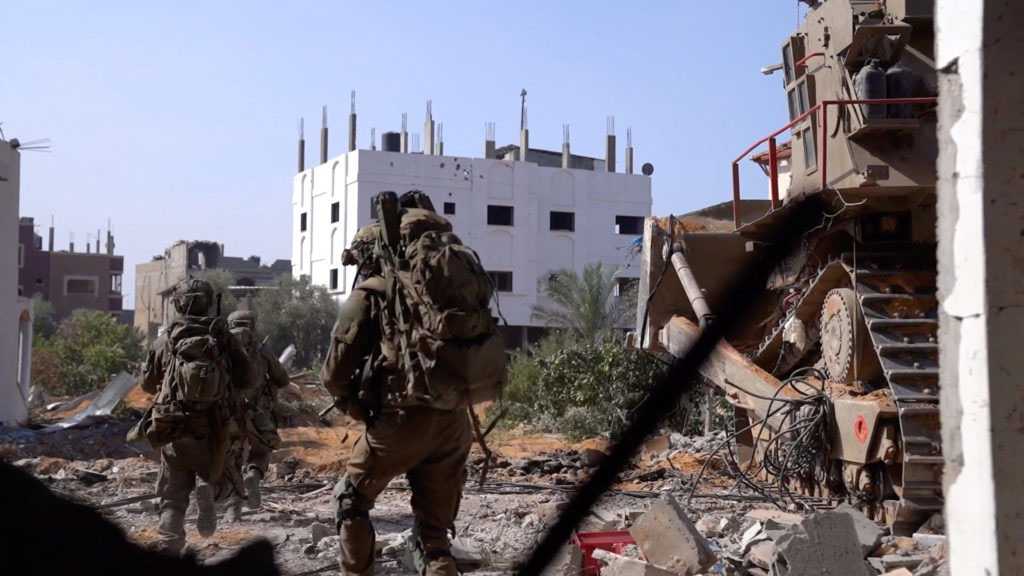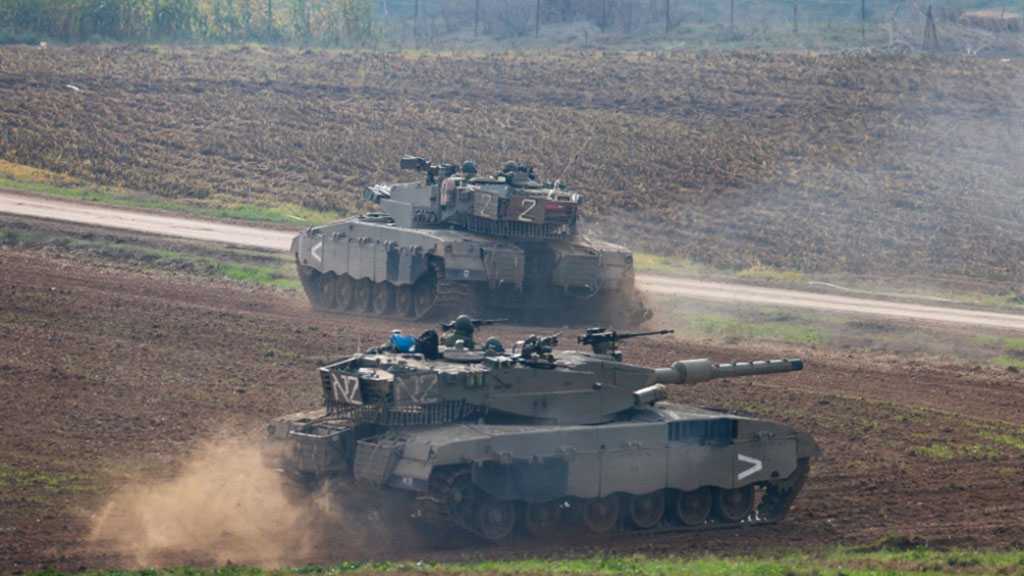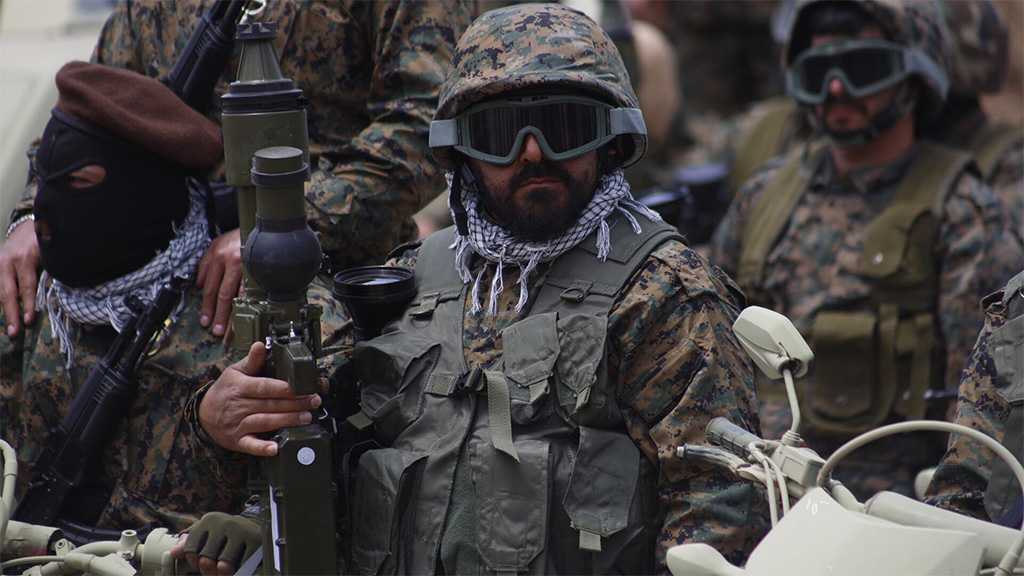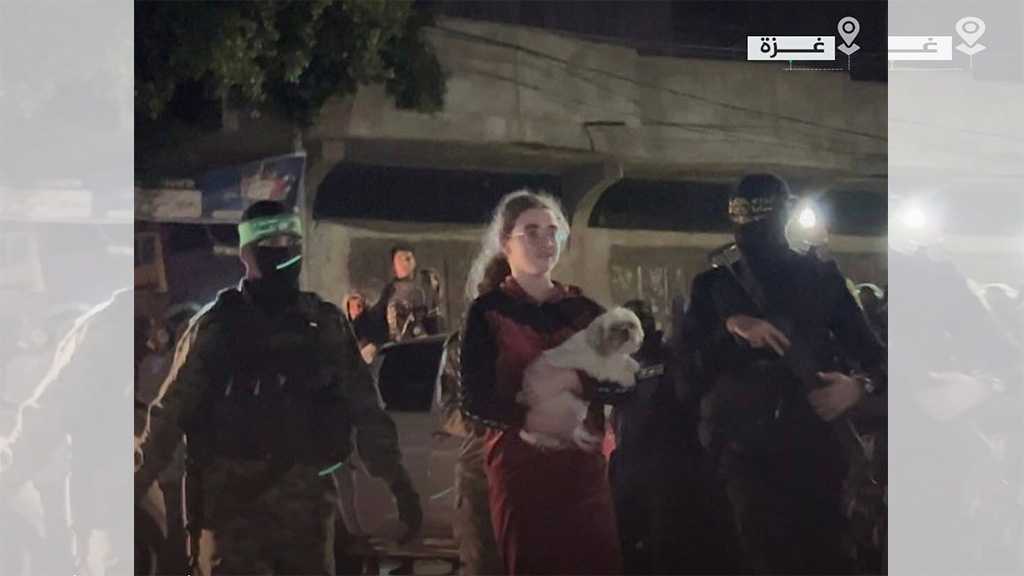
Erdogan’s Throne Shakes ... But Does not Fall
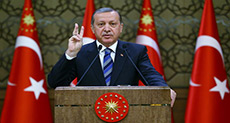
Elie Hanna
Recep Tayyip Erdogan had a rough night. The most pessimistic members of his team did not expect a military coup. Hours passed and the picture remained blurry to the president, his government, and the West.

It began with the «rebellion of a small group» before turning into a serious coup attempt put down in the early morning hours. As a result the «Sultan» proved that he had tamed a generation of loyal officers ... even though he believed he had a grip on all of the game's keys. The «Fruit» of Ataturk appeared in a number of «suicidal people» who decided to return Turkey to «the era of the military» ... but the final word was that of the sole ruler.
In 2014, life sentences were handed down to the 1980 coup leader General Kenan Evren and the former general of the Air Force Tahsin Şahinkaya
Kaya for their roles in a military coup and the «overthrow of the constitutional order».
President Recep Tayyip Erdogan did not forget to punish all the «Kemalists» military men. He continued with the trials and «cleansed» (in the words of his supporters) military institutions from opponents, appointing close aides from his «staff». It was thought that the sole leader was going to be remembered as the one who crushed the «Kemalist» ideology hostile to the army. The country went through sensitive phases in which the intervention of the army was expected. These phases included the identity crisis that took place between the Islamists and secularists, confirmation of the secret meetings between the leaders of the PKK and Turkey's leadership, and Ankara's foreign polices. Instead, what emerged was a handcuffed army functioning under the authority of the sole «Sultan»; the army targets the «Kurds» whenever the sultan wants, interferes in Iraq, and plans and executes actions in Syria under the command of the intelligence [services].
What happened last night comes out of the natural context in Turkey since the ruling Justice and Development Party [AKP] took power and Erdogan strengthened his grip. Turkey's long night illustrates that a fundamental block within the military, which is capable of what appeared to be the implementation of a systematic and coordinated coup attempt that paralyzes the country, is still hostile to the ruling party, even though the army and security institutions are divided.
A grudge among those who absorbed the secular based doctrine of Mustafa Kemal Ataturk and the notion that the army influences all aspects of political life in the country seemed ever present.... And it seemed more ready to embark on a military action that could end up with the execution of all the participants.
They fully remember the blow they suffered in April 2007, after the army leadership plastered a warning on the front pages of its electronic websites cautioning the Justice and Development Party over its support for the Islamist Abdullah Gul (whose wife wears the hijab) during the presidential elections. That day the party put Gul in office and the army's influence was subjected to a harsh blow after the «electronic coup». This as the number of votes in favor of the «Justice and Development Party» increased. It [AKP] also benefited from the public's support in the face of military intervention in the «social life of the Muslims».
Last night brings back memories of previous coups (1960- 1980 - 1971 - 1997), some of which were soft, but during others gallows were constructed (Prime Minister Adnan Menderes was executed after the 1960 coup), and the country took a new turn. The slow «nibbling» of major centers such as bridges, the airport, and the television headquarters, and then the parliament shows that a «specific» group within the army was playing its role in the coup and was able to temporarily paralyze the movement of the military leadership, especially after detaining the Chief of Staff Hulusi Akar.
The picture was blurry to the point that the United States avoided taking any position in the early hours, citing difficulties in determining the victor. Adding to the mystery was the accusation by Erdogan and his supporters that the coup plotters were loyal to Fethullah Gulen, the former political and religious partner of the Turkish president. Gulen lives in Washington, and Erdogan has sought in recent years to eradicate his influence over the military, police, judiciary and [other] political institutions.
By dawn, the governing authority suggested that things will return to normal and the «group of traitors» that carried out the coup will be prosecuted. But it seems that chaos emerged as citizens, whom Erdogan called upon to confront the coup as well as those who were «cheering» the coup on, took to the streets. Chaos which could only be halted if one of the parties in the «conflict» won. Historically, the «public» did not have any role in any previous coup. The authorities had a grip on power extending to all aspects of life in the country.
The «strange coup» failed to detain any government or parliamentary officials. Most officials appeared on television screens shocked at the event. They were, at the same time, communicating with military generals supporting them. Erdogan's absence did not take long. He was outside the capital. He appeared on a phone screen to address the people. His image was shaking, but with his usual confidence he stressed that he was returning to Ankara and will punish the rebels. The political forces including those who radically oppose the «Sultan» did not embrace the coup plotters. That was an indication that the coup attempt will fail.
But the certainty came from the White House, when Barack Obama announced support for «the elected government». That was enough from a political standpoint. On the ground, it seemed clear that Erdogan's policies pertaining to the armed forces throughout the years of his rule, resulted in a generation of obedient officers, whether it was in the intelligence, police, Special Forces, or Air Force, which were relied upon to put an end to yesterday's coup attempt - intended at thwarting Erdogan's political adventure that began about two decades ago.
Practically, Turkey has entered a new tunnel, which it might exit with less immunity toward several files amid its regional entanglement. But this time the situation inside the country is even shakier and the issue is not «how to manage our foreign policy» ... the army's word still carries strength. The result of the failed coup attempt is that Erdogan's opponents might «evaporate» soon, and temporarily, the internal political role of the Turkish military institution.... Or this failed coup will be part of an accumulation that leads to a new attempt in the Republic of fear.
Source: Al-Akhbar, Translated by website team
